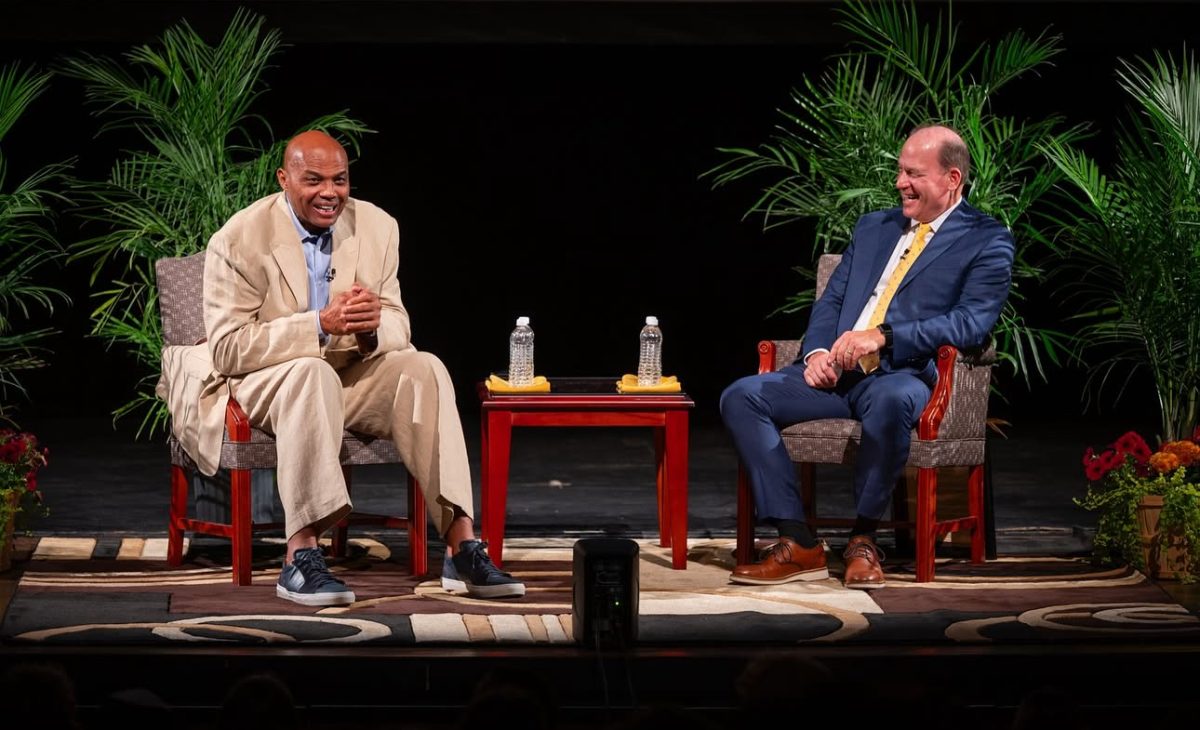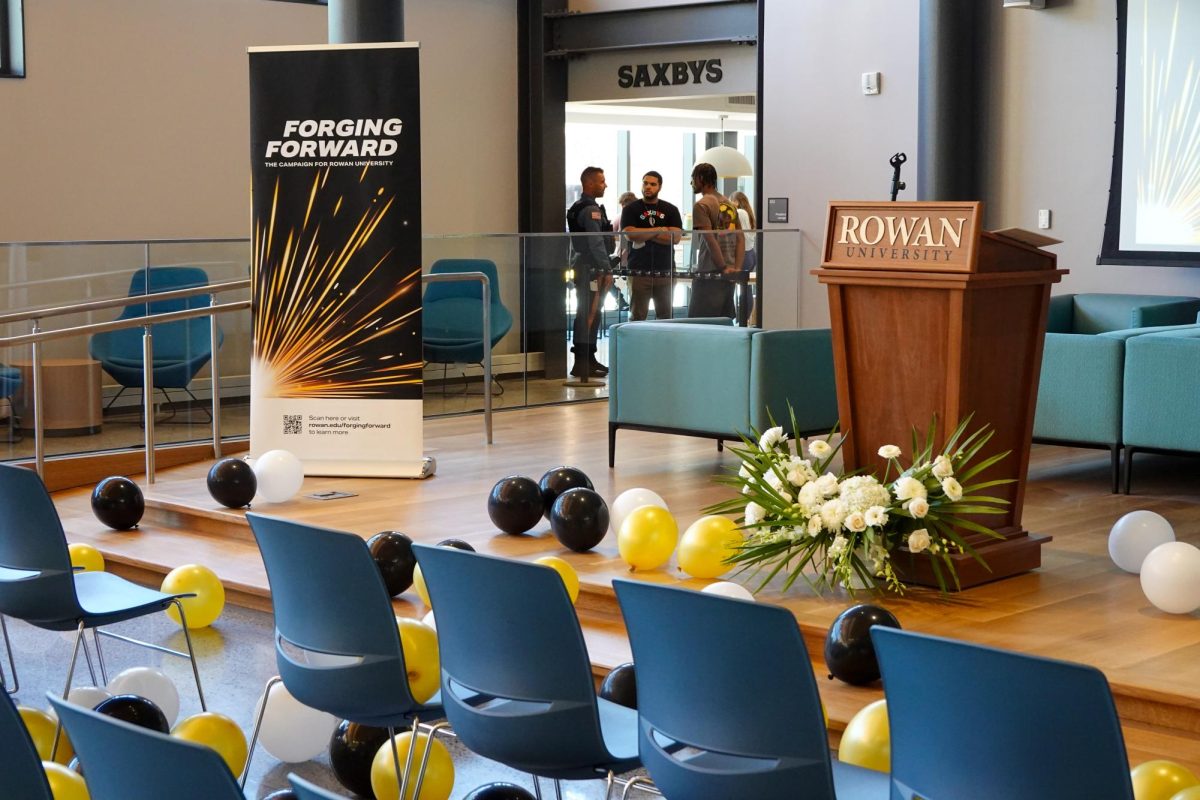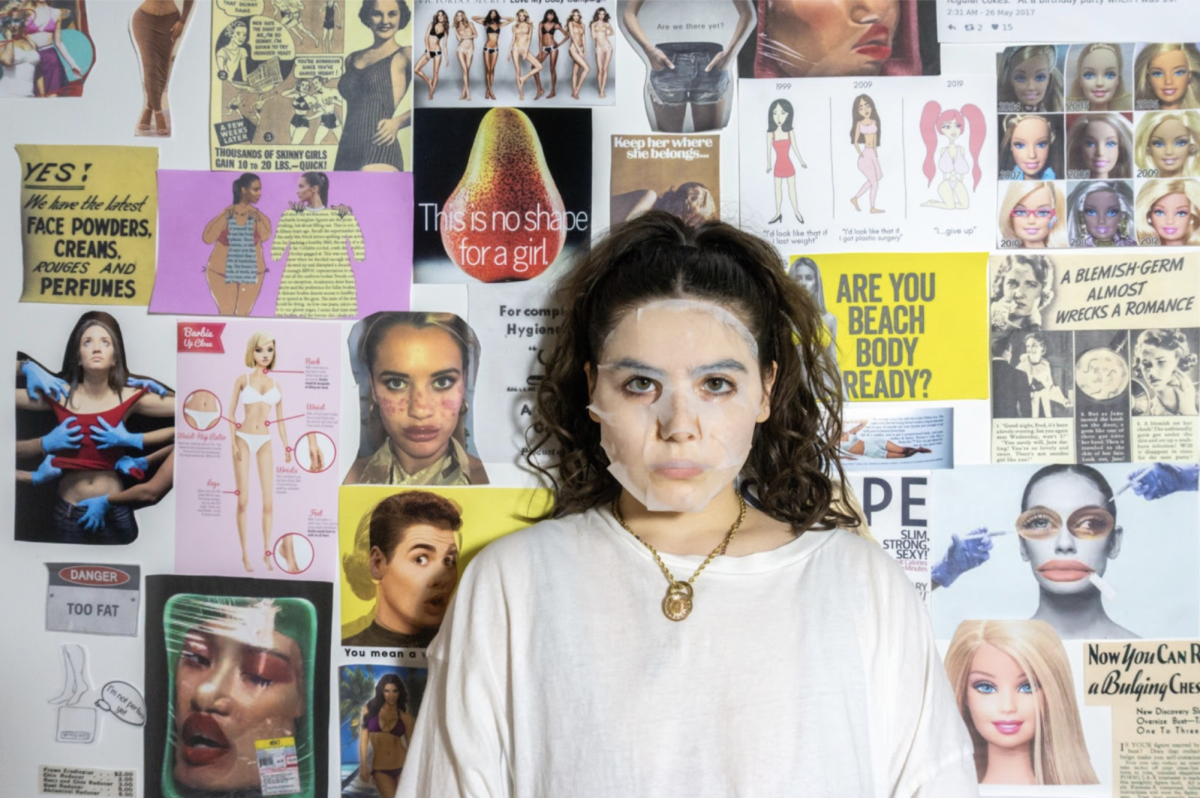I used to think that worrying about how I looked was just part of growing up, something everyone has dealt with from time to time. But talking to my peers made me realize how common it is to constantly question our appearance and how that obsession has only worsened with time.
Noticing a new forehead pimple is not just a passing thought in the mirror anymore; now we inspect it, pick at it until it bleeds, thinking what if they notice? Part of our daily routine involves scanning our faces and bodies in the mirror, using filters to cover up what we can’t unsee, comparing ourselves to others online without even realizing we’re doing it.
While we spend countless hours nitpicking our appearance and buying, trying, and dieting to alter it, chances are, nobody else has given it a second thought. So, that small breakout? That one bad hair day? That photo you didn’t post because your arms looked “weird?” I bet no one zoomed in like you did.
Most people are too busy examining their own reflections to notice your “bad” hair day. But for some reason, it sticks with us. And over time, I began to ponder: Where does that voice in our head come from? Why do so many of us feel like we’re being watched, even when no one’s looking?
The belief that your classmates are constantly observing, criticizing, and microanalyzing the stain on your shirt during a class presentation isn’t foreign. There’s actually a psychological term for that universal feeling: it’s called the “spotlight effect” or “imaginary audience.”
It’s the belief that people are constantly observing and evaluating us, even when they’re not. This leads us to overestimate how much others notice our mistakes, like imagining the people behind us are secretly judging us for tripping on the stairs.
We imagine we’re the main characters on stage, with our flaws lit up under a spotlight for everyone to see. But the truth is, most people are too focused on their own spotlights to notice ours.
What hit me most when learning about the spotlight effect is how much time I’ve spent in the past thinking I was the only one experiencing it.
In an experiment conducted at Cornell University, undergraduate students were asked to wear a T-shirt displaying an embarrassing graphic and enter a room with a small group of observers. Afterward, each participant guessed how many people noticed the shirt, while the observers reported how many actually did. The results showed that participants consistently misjudged how many observers would notice, estimating about 50%, when in reality only 23% did.
This study helped me reflect on my own moments of overthinking. I recently started a new exercise at the gym and found myself overly concerned that people were silently criticizing my form. I realized I was focusing more on how I appeared than on the workout itself.
I’ve found myself stuck in that unhealthy mindset more often than I would like to admit—hyper-fixating on things no one else would probably care about. When we’re thinking about what to post next, we often imagine a crowd reacting, even if we never hit “share.” I remember staring at the same selfie for 20 minutes before eventually deleting it.
Somehow, I convinced myself that my hands looked awkward and my face was “puffy,” but really, I was self-sabotaging. It led me to wonder, when did we become unpaid models for an invisible audience that isn’t even watching?
To combat that egocentric imaginary audience phenomenon, I’ve been working on how I talk to myself, not in a “love every part of yourself” way, but in small, realistic moments of self-compassion, like saying something kind to myself in the mirror or choosing to post something even if I don’t look “perfect,” just because I genuinely liked the moment it captured.
I don’t think we have to love how we look every day. I think we just have to stop being so mean to ourselves when we don’t. Realistically, I’m not celebrating the most recent pimple breakout on my forehead, but I’m not going to tear myself down because of it either. Maybe it’s less about building confidence and more about building kindness, the kind we’re often quick to give others, but slow to give ourselves.
Unfortunately, I haven’t found a monumental solution to fully managing the anxiety of appearing imperfect. I’m not immune to bad angles or the feeling of that invisible audience scrutinizing my every move. I’ve come to realize that I don’t need to “fix” how I look; I just have to stop zooming in on every flaw, because that little change makes a big difference.
For comments/questions about this story, DM us on Instagram @thewhitatrowan or email [email protected]






























































































































































































